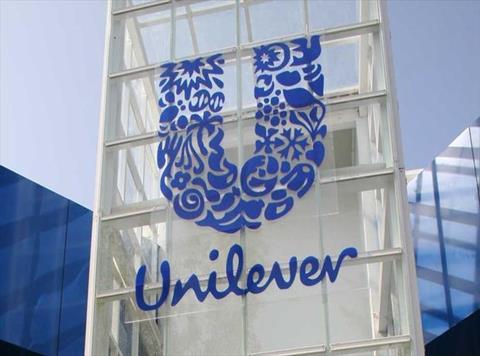
Top story
Unilever (ULVR) has scrapped its plan to move its headquarters to the Netherlands after a groundswell of opposition from investors in the UK.
The consumer goods giant had planned to abandon its dual-listed structure, but it said the proposal had not “received support from a significant group of shareholders and therefore consider it appropriate to withdraw”.
The scheme would have seen the Marmite manufacturer scrap its duel UK/Dutch structure and shift its headquarters to Rotterdam. The move would have ended its membership of the FTSE 100, despite remaining listed in Amsterdam, London and New York, meaning a number of UK investors would have been forced to sell their shares.
An array of shareholders publicly attacked the proposal, including Columbia Threadneedle, Legal & General Investment Management, Schroders, Aviva Investors and M&G Investments.
The group, which also produces Dove soap and Hellman’s mayonnaise, had argued that the move would simplify it and make it more competitive, by making it easier buy and sell off assets. It has always insisted that the move was not related to Brexit.
In a statement, the company said it had received “widespread support for the principle of simplification”.
“However, we recognise that the proposal has not received support from a significant group of shareholders and therefore consider it appropriate to withdraw.”
Marijn Dekkers, chairman, said: “The board continues to believe that simplifying our dual-headed structure would, over time, provide opportunities to further accelerate value creation and serve the best long-term interests of Unilever.
“The board will now consider its next steps and will continue to engage with our shareholders. We will proceed with the plan to cancel the NV preference shares, further strengthening our corporate governance.”
Paul Polman, chief executive of Unilever, and the board proposed the new structure following the shock £115bn takeover attempt from Kraft Heinz in February 2017.
tIn order to pass the proposals, three-quarters of Unilever’s UK share capital needed to be voted in favour for the proposal to pass. The company also needed a majority of UK shareholders present or represented to vote in favour of the move at an October 25 meeting.
Unilever, which is also behind well-known household brands such as Ben & Jerry’s ice cream and Lipton teas, employs around 169,000 people around the world.
It employs around 7,300 people in the UK and 3,100 in the Netherlands.
Morning update
Kettle Foods has sunk to a UK pre-tax loss as it lost significant market share amid an intense promotional war for shelf space.
Newly filed accounts for the Kettle Chips owner in the UK showed the snacks producer, which includes popcorn brand Metcalfe’s Skinny, plunged to a pre-tax loss of £42k from a profit of £8.2m in the previous financial period.
Total sales reached £89.6m in the year to 31 December 2017, which was down from £120.4m in the previous financial period that ran from August 2015 to the end of December 2016.
On a pro-rata basis sales improved by 5.5% given the shorter trading period, but the accounts show market volume share fell from 4.6% to 3.3% last year.
The Kettle accounts blamed the bottom line loss on “intense” competition in the market and investment in the brand to protect market share.
It noted “the level of competition within the snack and crisp market” led it to maintain to volume of the brand sold on promotion “in order to meet product category and consumer demands”.
Read the full story and the rest of this week’s finance coverage here.
In the markets, the FTSE 100 continued its downward trajectory, falling 0.4% to 7,387pts this morning, as inflation in the US raises concerns.
The market reaction to Unilever’s backtrack has already been mixed, and is now down 0.1% to 4,075.5p following an immediate spike in value.
Early risers include Stock Spirit Group (STCK), up 1.5% to 206p, Tesco (TSCO), up 0.9% to 215.4p, and Fevertree Drinks (FEVR), up 0.9% to 3,394p.
Early fallers include Glanbia (GLB), down 1.7% to 15p, Greggs (GRG), down 1% to 1,022p, Greencore (GNC), down 1% to 196.7p and Ocado Group (OCDO), down 1% to 835.8p.
Yesterday in the city
The FTSE 100 fell its most for a month, as fears increased over speculation that the Chinese government was tightening checks on goods from overseas.
The market slumped 1.2% to 7,418pts yesterday, while the other European markets were also lower.
One of the biggest faller was Ocado (OCDO), which is starting to lose some of its golden status it gained during the summer.
The online retailer and distributor weakened by 7.8% to 843.8p, after a block of more than 2m shares changed hands at a discount to Wednesday’s close.
Other big fallers included Fevertree Drinks (FEVR), down 7.4% to 3,364p, Smurfit Kappa Group (SKG), down 6.5% to 2,786p, McBride (MCB), down 5.9% to 128p, and Reckitt Benckiser (RB), down 4.2% to 6,855p.
Greencore (GNC) was one of the most significant risers, jumping 3.3% to 198.6p, following renewed speculation of private equity interest in its Peacock Foods unit in the US.
Other risers included Produce Investment (PIL), up 3% to 188.5p, Majestic Wine (WINE), up 2.6% to 390p, and Greene King (GNK), up 2.1% to 502.2p.







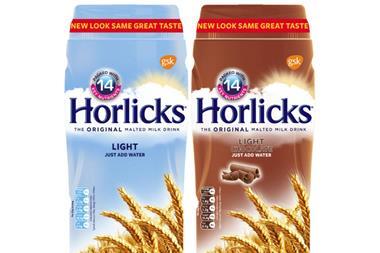


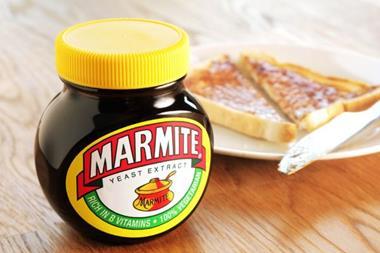
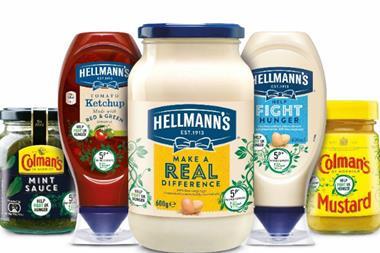
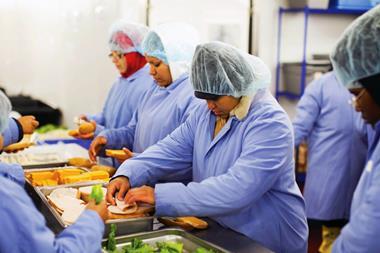






No comments yet